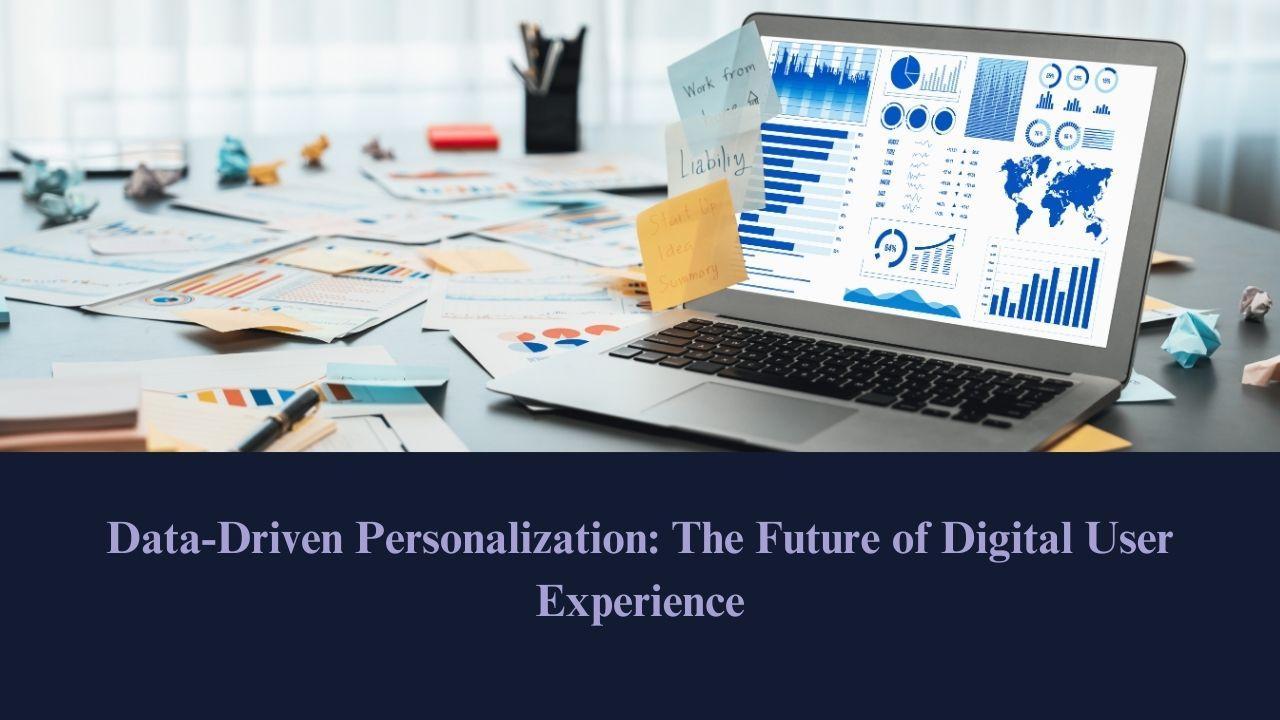In an era where digital experiences shape our daily lives, new research reveals how data-driven personalization is fundamentally transforming how we interact with technology. A comprehensive study by Rohit Sharma from the International Institute of Information & Technology, Bangalore, demonstrates that personalization technologies are not just enhancing user experiences—they’re revolutionizing the entire digital landscape.
The Power of Personal Touch
Digital personalization is transforming user experiences across platforms, with companies reporting significant business impacts. Studies show personalized experiences driving revenue increases of 10-15% while boosting marketing efficiency by 20-30%. The trend continues to accelerate, with nearly 90% of digital businesses now investing in personalization technologies. This widespread adoption signals a fundamental shift in how organizations approach user engagement and digital interaction design.
Behind the Algorithmic Curtain
Machine learning algorithms are revolutionizing personalization strategies by serving as the backbone for understanding and predicting user preferences with remarkable accuracy. By leveraging vast datasets, these systems analyze user behavior, identify patterns, and deliver highly relevant content, products, or services in real time. Advanced analytics tools, when integrated with machine learning, have shown transformative results, such as boosting conversion rates by up to 30% and increasing customer engagement by 50%. These technologies empower businesses to create more meaningful, user-centric experiences, driving loyalty and growth.
Real-Time Adaptation: The Game Changer
The implementation of real-time personalization systems represents a groundbreaking shift in user experience design, enabling dynamic adjustments to content and interface elements based on user behavior. By analyzing actions in real time, these systems deliver highly relevant and engaging experiences, fostering stronger user connections. Businesses adopting such technologies have seen a 25% boost in short-term sales, attributed to immediate relevance, and a 15% increase in long-term profitability, driven by enhanced customer loyalty and sustained engagement.
Privacy: The Delicate Balance
Despite the clear advantages of personalization, user privacy remains a critical concern in the digital landscape. Nearly 80% of consumers express anxiety about how their personal data is collected and utilized by companies. The key to successful implementation lies in finding the sweet spot between delivering tailored experiences and protecting user privacy. Organizations must prioritize transparency in their data practices to build and maintain user trust.
The Human Element in Digital Personalization
While advanced technology drives personalization, understanding human behavior remains crucial for success. Companies that analyze user behavior comprehensively have achieved 20% better accuracy in their personalization strategies. This improvement highlights that effective personalization goes beyond data analysis—it requires deep insights into human preferences, habits, and decision-making patterns. The most successful approaches combine technological capabilities with a nuanced understanding of user psychology.
Future Horizons
Personalization technology is evolving rapidly, propelled by advances in artificial intelligence and machine learning. These innovations are expanding the possibilities for customized user experiences in unprecedented ways. The business impact is significant – organizations that successfully implement these technologies while preserving user trust report revenue up to three times higher than competitors. This dramatic performance difference underscores the growing importance of sophisticated personalization strategies in the digital marketplace.
Measuring Success in the Digital Age
The impact of personalization extends beyond mere engagement metrics. Studies show that well-executed personalization strategies can lead to a 40% increase in customer satisfaction and a 30% reduction in customer acquisition costs. These improvements demonstrate the tangible business value of investing in personalization technologies.
The Road Ahead
As personalization technologies become more sophisticated, the focus is shifting towards creating more nuanced and context-aware experiences. The integration of advanced analytics with privacy-preserving technologies is opening new possibilities for meaningful digital interactions while protecting user privacy.
In conclusion, the transformation of digital experiences through personalization technologies signals a fundamental reimagining of interactions in the digital age. Rohit Sharma‘s comprehensive research underscores the need for organizations to balance innovation with responsibility by integrating advanced personalization capabilities while upholding robust privacy protections and ethical standards. The future belongs to those who can create sophisticated, user-centric experiences that are both powerful and trustworthy, mastering the intricate balance between personalization and privacy. Success will not only hinge on technological advancement but also on the thoughtful and ethical application of these innovations to enhance the human experience.





























